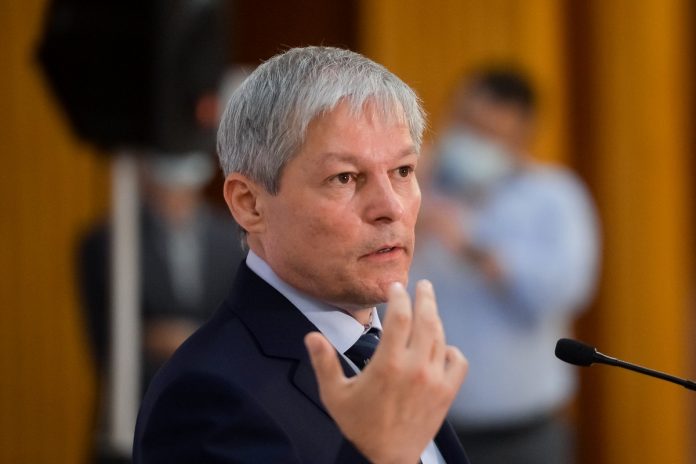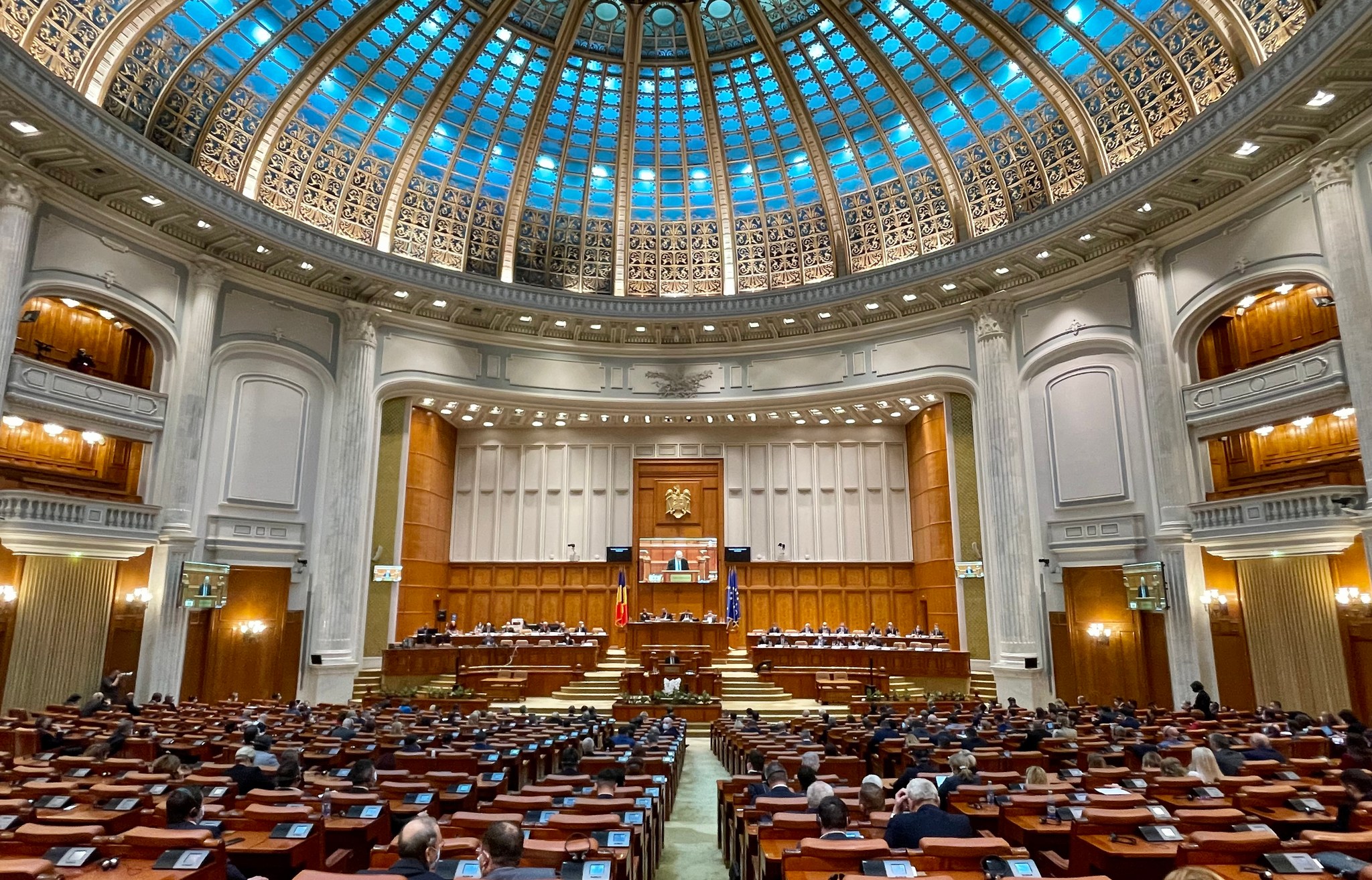The market is changing, evolving, and I don’t have the impression that when we decide on certain investments, especially with European funds, we think about whether we produce what is required, but in general we produce what we can and then see when and how we sell, said former European Commissioner for Agriculture Dacian Ciolos, at the National Forum ”The Future of Agriculture.’.
Ciolos emphasised that in Romania there is a lot of talk about the degree of absorption of European funds, but not about the quality of absorption.
„We talk a lot in Romania about the degree of absorption of European funds. We have not heard discussions so far about the impact of these funds, the quality of absorption. We have absorbed the money, we have brought it into the economy, which is already a very good thing when we look at the state budget situation and how important European funds are to balance the budget deficit and inject funds into the economy, but, beyond that, talking about the agricultural sector, how efficient was the absorption and use of funds on direct payments, on massive investments in machinery and in equipping agricultural production capacities, especially raw materials, where competitiveness in plant production has indeed increased in several sectors. However, we have not had or there has not been in Romania a qualitative absorption capacity of European funds in the processing sector, companies that process products adapted to the market, to what is required,” he argued at the event organized by the Romanian Farmers Club.
In his opinion, in Romania farmers produce what they can, not what is demanded, and then they try to sell those products, without a clear strategy.
„The market is changing, the market is evolving a lot, consumer demand and the food consumption model are diversifying, again, a lot, and I don’t have the impression that when we decide on certain investments, in many situations even with European funds or maybe especially with European funds, we think about whether we are producing what is demanded. We, in general, produce what we can and we look at where we get the raw material from and we process that and then we see when and how we sell,” he explained.
Regarding the reduction of the trade deficit in the agri-food sector, Ciolos specified that there are two possibilities: either developing the capacity to produce to replace imported products, or the capacity to produce to export.
„These are the two ways to balance the trade balance, and one is linked to the other. The ability to export, from my point of view, is closely linked to the ability to be competitive on the domestic market. Romania is a growing market, with high absorption potential, where demand continues to grow. So, it is the best way to stimulate Romanian companies to be competitive on the domestic market as well,” the former European official said.
In this context, the message sent by Dacian Ciolos was that the private sector should become a force of proposal at both national and European levels, as Poland is.
On Thursday, the Romanian Farmers’ Club organized the National Forum for the Future of Agriculture, a meeting dedicated to presenting the conclusions and promoting the important initiatives resulting from the series of six regional forums held in recent months. The opening of the event was attended by the president of Romania, Nicusor Dan.
The National Forum brings together approximately 100 leaders: successful farmers-entrepreneurs from all eight development regions of the country, representatives of authorities and key institutions in the development of the sector, as well as leaders from industries related and complementary to agriculture: retail, technology, transport, energy, sustainability and banking.
AGERPRES




